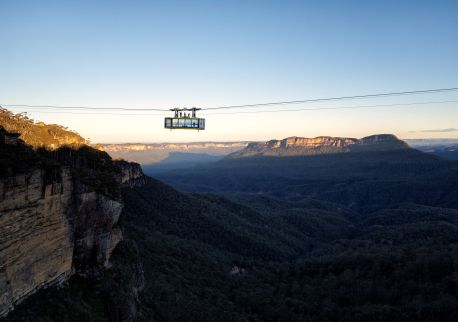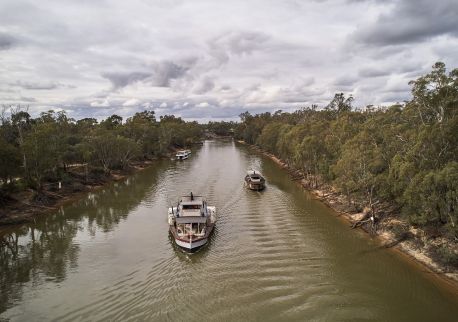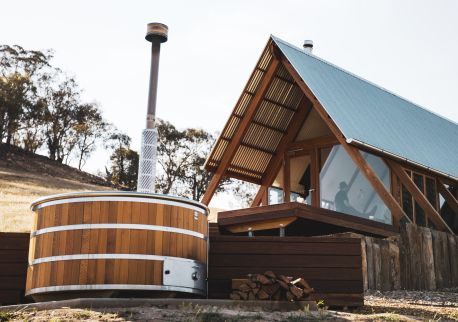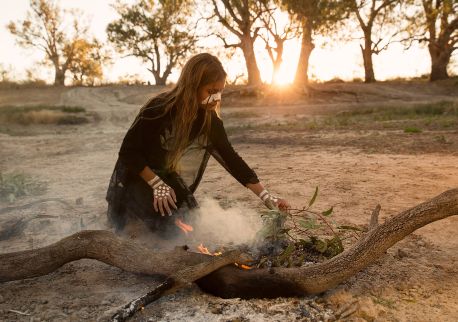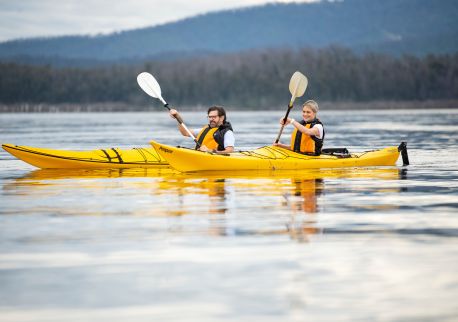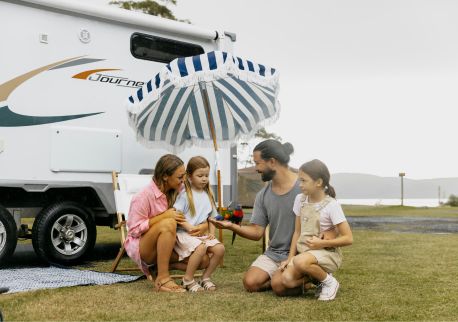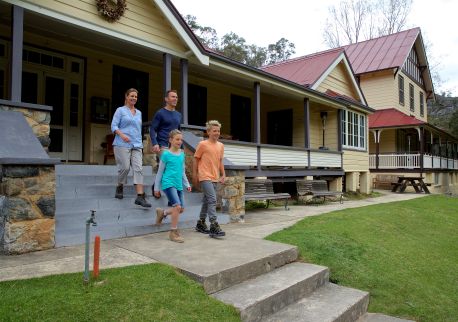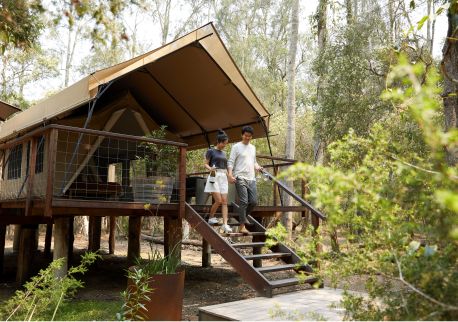Bago Maze and Wine
Highlights
- Relaxed wine tasting with estate-grown selections and local platters
- Family-friendly maze adventures with seasonal pop-up experiences
- Scenic hinterland setting just 30 minutes from Port Macquarie
Overview
Bago is a spectacular farm just a 30-minute drive into the hinterland from the coastal city of Port Macquarie. It is home to the iconic Bago Maze along with a charming vineyard and winery. They are a family-friendly venue with plenty of nature for the kids to run around in while adults indulge in their wine and produce.
With regularly changing treasure hunts, the hedge maze can entertain visitors of all ages for an entire morning or afternoon. They also create seasonal pop-up mazes in the surrounding fields which adds to the fun activities that can be experienced there.
Bago offers a relaxed and unpretentious approach to wine tasting and is perfect for those new to wine. Grab a tasting paddle, showcasing a selection of the estate-grown wine then relax in their extensive grounds to enjoy it at your leisure. Visitors can also enjoy a coffee or indulge in a cheese or meat platter, offering local produce from around the region.
Bago is the ideal place to visit for those seeking to include a hinterland experience in their coastal holiday.
Accessibility
A quiet space is available at the venue/ facility
Allows a person's carer free entry into participating venues and events
Actively welcomes people with access needs.
Adhere to The Food Authority requirements for allergy management in food preparation
Ask all visitors if there are any specific needs to be met
Caters for people who are blind or have vision loss
Caters for people who are deaf or have hearing loss
Caters for people who use a wheelchair.
Caters for people with allergies and intolerances.
Caters for people with high support needs who travel with a support person
Caters for people with sufficient mobility to climb a few steps but who would benefit from fixtures to aid balance. (This includes people using walking frames and mobility aids)
Have a step free main entrance to the building and/or reception area (includes ramps or slopes with a maximum gradient of 1:14, otherwise are too steep for wheelchairs)
Have a wheelchair accessible toilet / shower and change room
Have an accessible public toilet which is unlocked
Have an appropriate area for toileting an assistance dog
Have equipment to respond to anaphylactic shock such as epi–pens and defibrillator
Have grab rails in the bathroom
Have step free outdoor pathways (includes picnic areas, barbecues and shelters)
Offer a range of contact methods for receiving complaints
Offer multiple options for booking - web, email, phone
Provide assistance with booking arrangements (includes providing clear itineraries with written instructions on what to do at various destinations)
Provide digital communication materials (hard copy information is also available on line)
Provide seating in common areas including reception area
Train your staff to respond to allergic reactions
Use easy read fonts in your signage and communication materials (Helvetica and Arial)
Use non-slip tiles in the bathroom or slip resistant matting
Welcomes and assists people who have challenges with learning, communication, understanding and behaviour. (includes people with autism, intellectual disability, Down syndrome, acquired brain injury (ABI), dyslexia and dementia)

